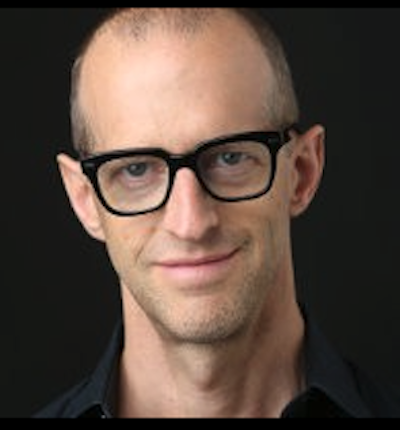
3 Lessons Learned from Technical Failures at Facebook, Wattpad, and Hashicorp
True or false: You’ve failed at something in your career before. If you answered false, well that’s a bit hard to believe, but it just means there is still plenty of time to fail. And that’s a good thing.








